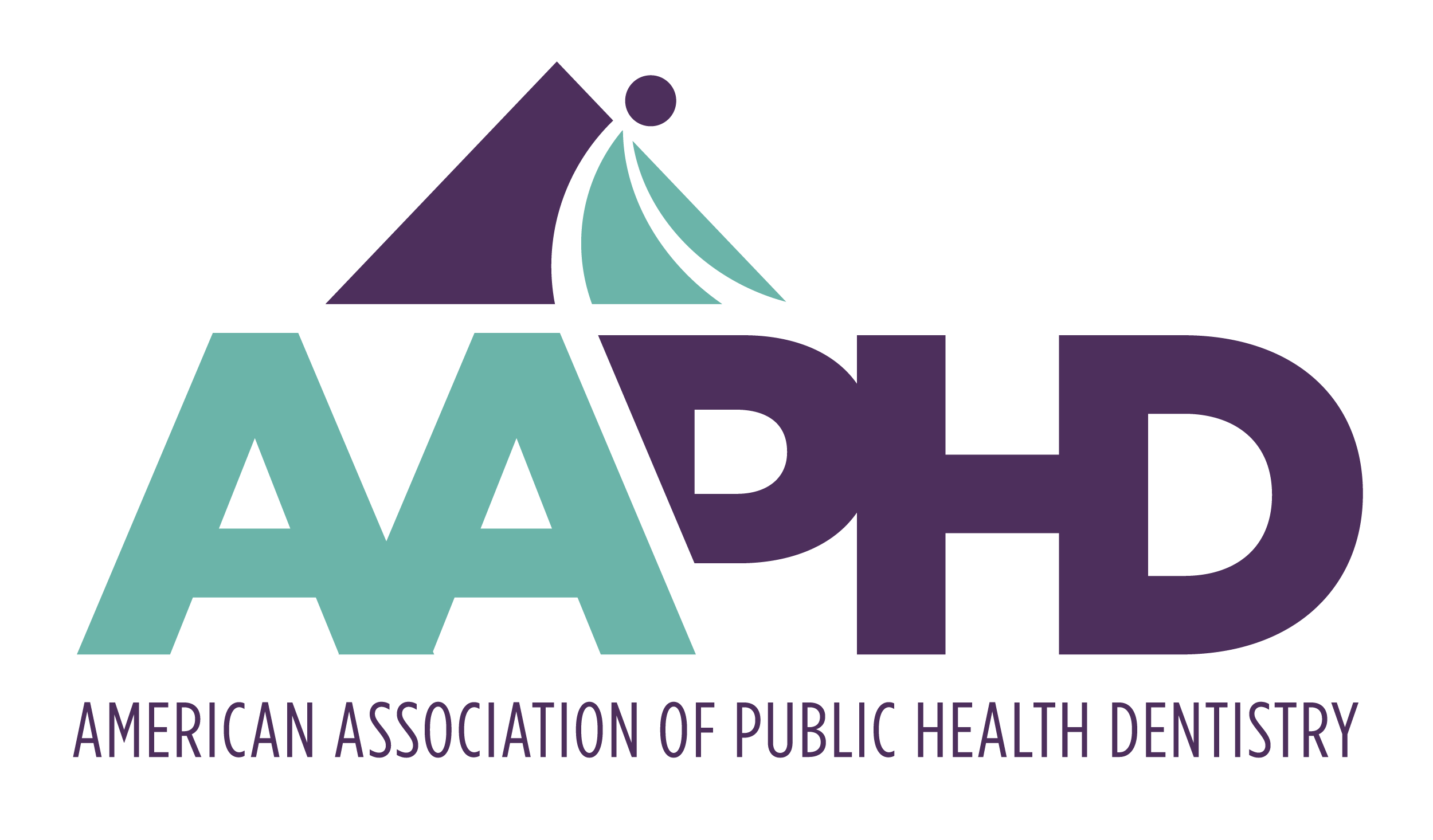- About
- Dental Public Health
- Join
- Attend
- Learn
- Lead
- Recognize
- Students
- Foundation
AAPHD Code of EthicsThe American Association of Public Health Dentistry (AAPHD) provides a Code of Ethics as guidance to dental public health (DPH) professionals in their decision-making. DPH professionals are a diverse group of DPH advocates, policy makers, researchers, educators, program managers, community-based oral health clinicians, and other stakeholders. All public health roles collectively contribute to the dental public health system. The AAPHD Code of Ethics serves as a framework upon which DPH professionals can base their ethical decision-making. Ethical frameworks do not address every unique ethical decision that professionals will encounter, but instead provide guiding principles to aid professionals in reasoning through the decision-making process. There are not always clear answers to a challenging ethical situation. None of the ethical principles in this document are absolute. In public health practice, we should accept that some people will benefit while others will not in certain situations. This document is intended to help guide the DPH professional in determining the best ethical balance to benefit the most people given the available resources. The DPH professional should recognize that there is a difference between ethics and the law. While both ethics and law should be respected and followed, they are two separate factors in decision-making. Ethical principles are focused on morals and values, while laws determine civil and criminal liability. The AAPHD encourages DPH professionals to consult their local, state, and federal laws to assist in legal decision-making, which is beyond the scope of this document. AAPHD Ethical Principles:Autonomy (“Self-governance”)The DPH professional has a duty to respect the rights of individuals and to uphold the rights of communities to self-determination. DPH professionals prioritize the good of the community while still respecting individual wants and values. In situations where the needs of the population conflict with the needs of the individual, the interests of the community as a whole should be prioritized. DPH professionals’ respect for the autonomy of the public forms the foundation for respect, competence, justice, and veracity. Beneficence (“Do good”)The DPH professional has a duty to understand and promote individual and community equity, health, and welfare. DPH professionals should be guided in their decision-making by focusing on options that benefit the community as a whole. Non-maleficence (“Do no harm”)The DPH professional has a duty to protect individuals from physical, mental, and social injury. DPH professionals should make decisions based upon minimizing the harm experienced by communities. All appropriate stakeholders should be included in the decision-making process to help identify and mitigate unintended consequences. Justice (“Fairness”)The DPH professional has a duty to treat individuals and community organizations fairly. DPH professionals should base decisions on fairness and equity. They should recognize the difference between making decisions to provide equal treatment (i.e., everyone receives the same resources) and equitable treatment (i.e., everyone receives the resources they need at the time and in the abundance that they need them). In situations when limited evidence and time is available, DPH professionals should base ethical decisions upon the best available evidence at that time while guided by other ethical principles such as beneficence and nonmaleficence. Veracity (“Truthfulness”)The DPH professional has a duty to be honest and not misleading in all communications. DPH professionals should maintain truthfulness in their work and not be driven by political, personal, commercial, or other external interests. Veracity forms the foundation of a trusting relationship between the DPH professional and the public. Inclusivity (“All encompassing”)The DPH professional has a duty to use ethical decision-making and DPH practices that take into consideration perspectives and feedback from all populations including race/ethnicities, socioeconomic status, cultures, gender identities, sexual orientations, ages, religions, and populations with disabilities when possible and appropriate. Compassion (“Sympathy”)The DPH professional has a duty to incorporate compassion into their decision-making process to be considerate of all populations. Using thoughtfulness and care to respond to others’ experiences, concerns, and needs, the DPH professional learns to respond to those issues in a sympathetic and humane manner. Approved June 2022 |

